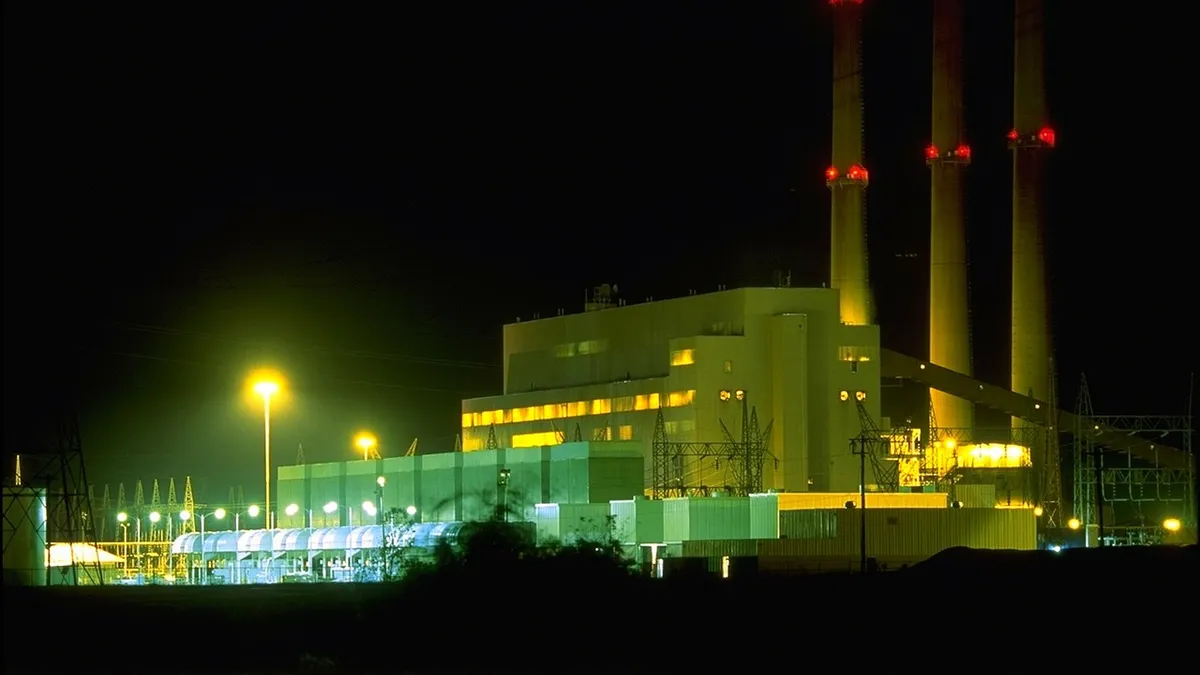Dive Brief:
- The federal government's plan to reduce emissions from power plants could raise energy prices for consumers in Texas by 20% by 2020, according to the Electric Reliability Council of Texas.
- According to the grid manager, proposed CO2 emissions limitations will result in the retirement of between 3,300 MW and 8,700 MW of coal generation capacity, and could result in transmission reliability issues due to the loss of generation resources in and around major urban centers.
- Implementation of the proposed Clean Power Plan will have a significant impact on planning and operations, said ERCOT, with the potential for additional costs coming from transmission upgrades, procurement of additional ancillary services and energy efficiency investments.
Dive Insight:
ERCOT released analysis last week of the Clean Power Plan's potential impacts, finding "the timing and scale of the expected changes needed to reach the CO2 emission goals could have a harmful impact on reliability," the Dallas Morning News reports.
For Texas, the U.S. Environmental Protection Agency proposed an interim goal of 853 lb CO2/MWh to be met on average during 2020-2029, and a final goal of 791 lb CO2/MWh to be met from 2030 onward.
But ERCOT said the plan is likely to lead to reduced grid reliability for certain periods and an increase in localized grid challenges. "There is a natural pace of change in grid resources due to advancing cost effective technologies and changing market conditions," the operator said. "This pace can be accelerated, but there is a limit to how fast this change can occur within acceptable reliability constraints."
The anticipated retirement of up to half of the existing coal capacity in the ERCOT region will pose challenges to reliable operation of the grid in replacing the dispatchable generation capacity and reliability services provided by these resources, the operator said. Integrating new wind and solar resources will increase the challenges of reliably operating all resources, and pose costs to procure additional regulating services, improve forecast accuracy, and address system inertia issues.
"Accelerated resource mix changes will require major improvements to ERCOT’s transmission system, posing significant costs not considered in EPA’s Regulatory Impact Analysis," the operator said.
A number of large utilities have also spoken out against the proposed rules. AEP's CEO, for instance, recently said the regulations could cause "cascading outages" on the grid.















